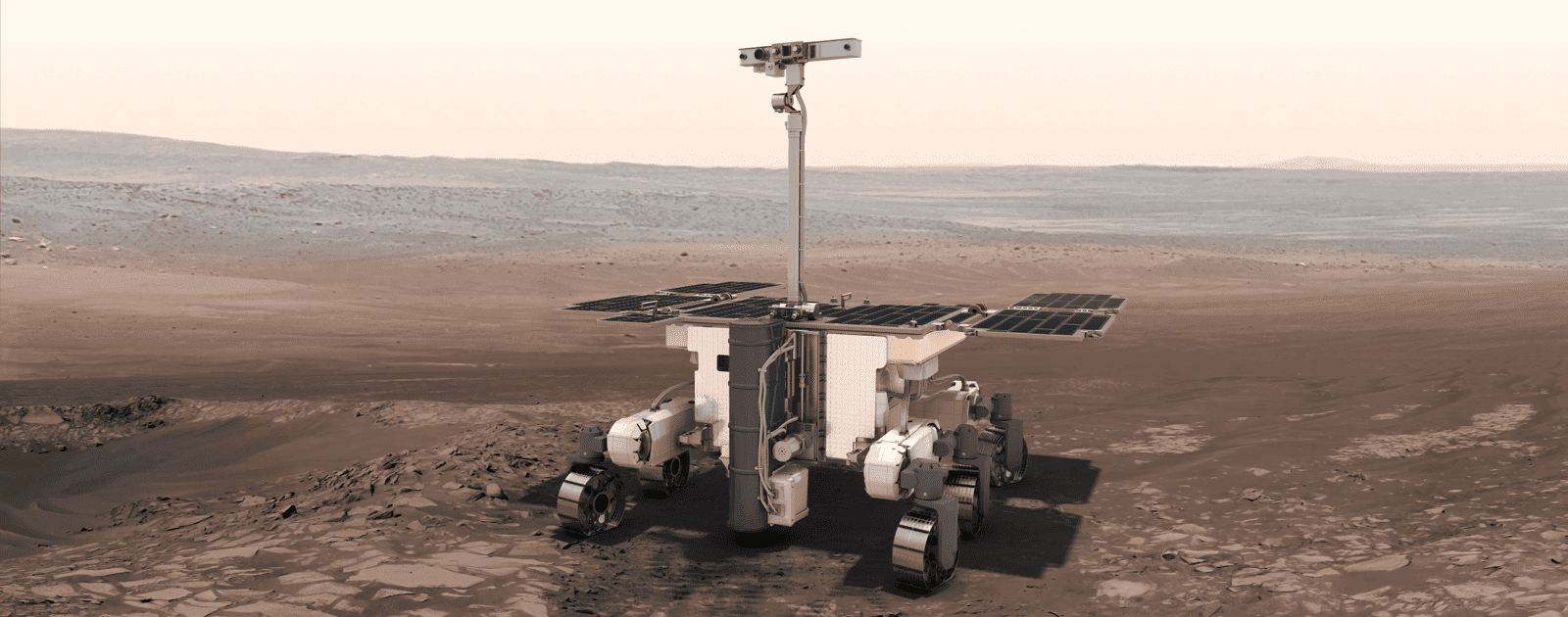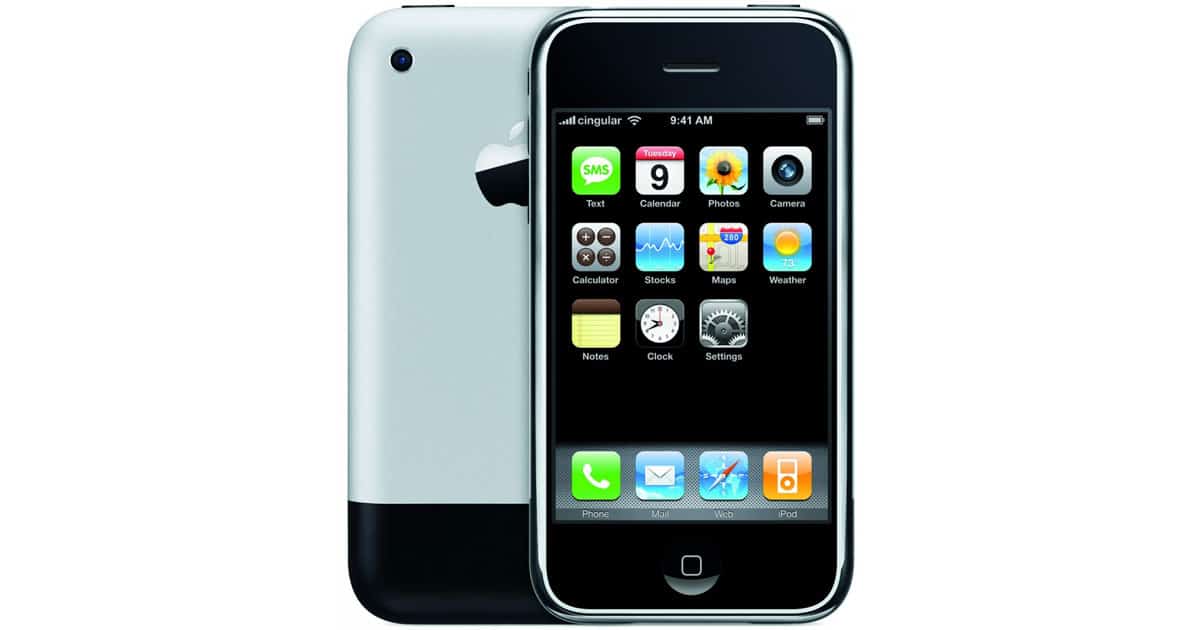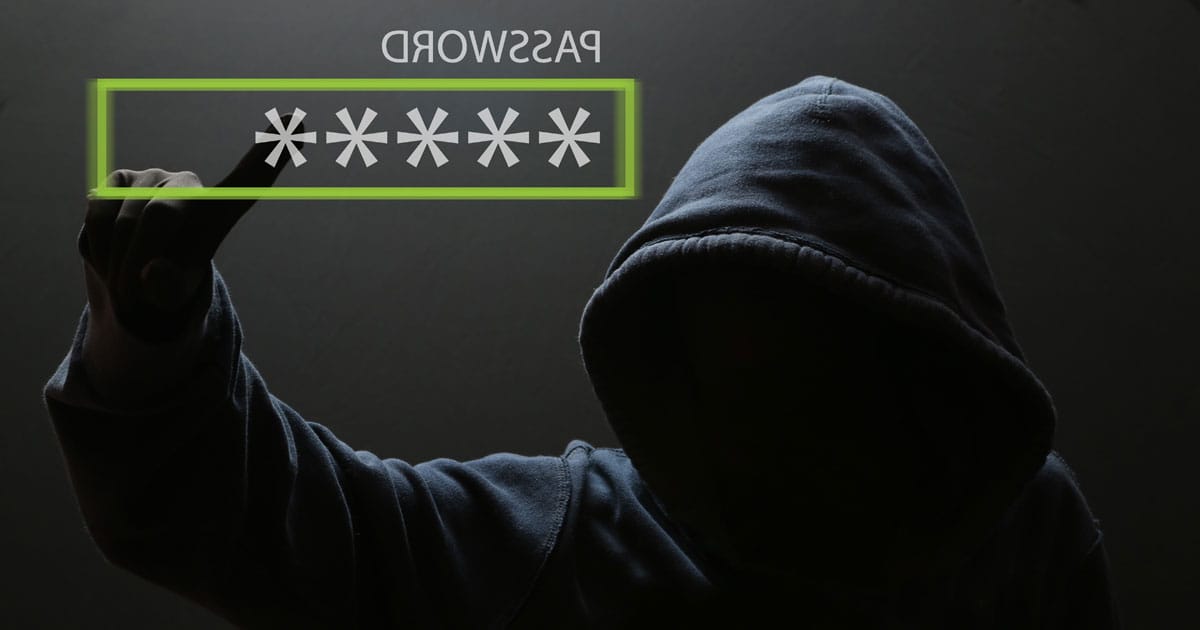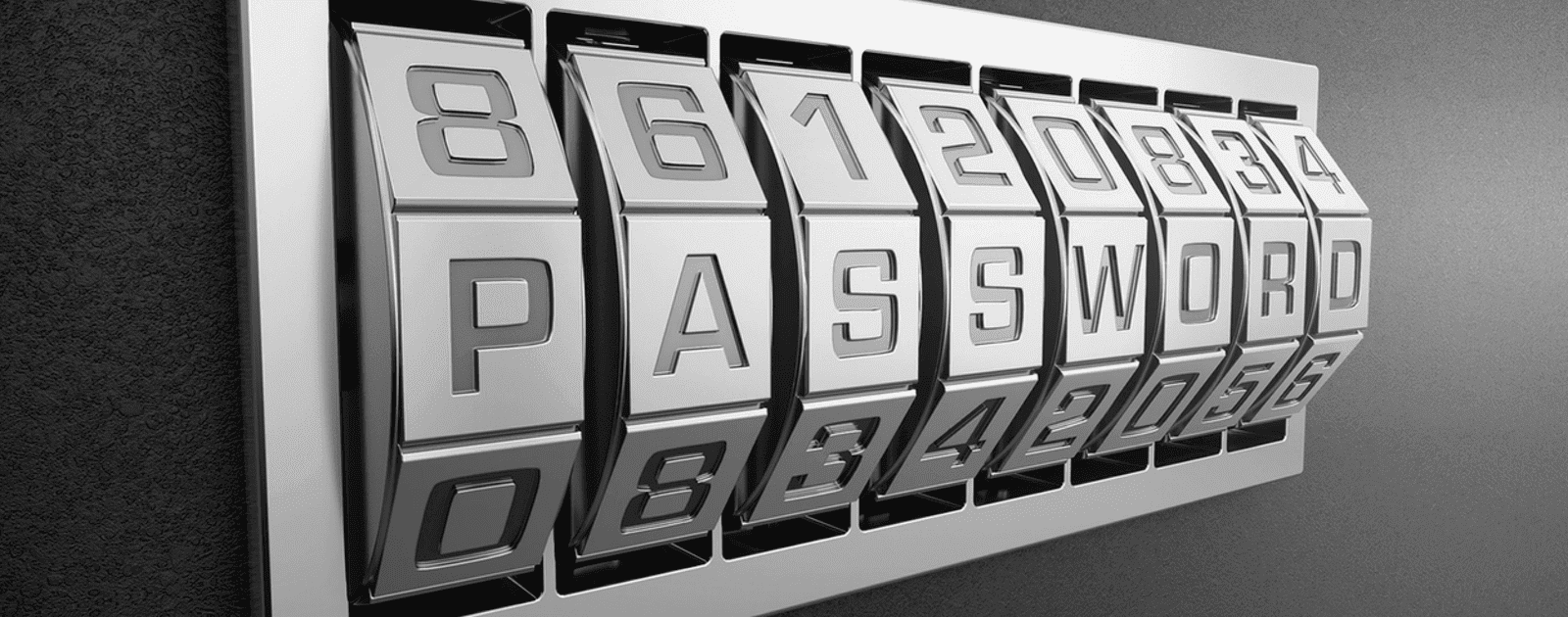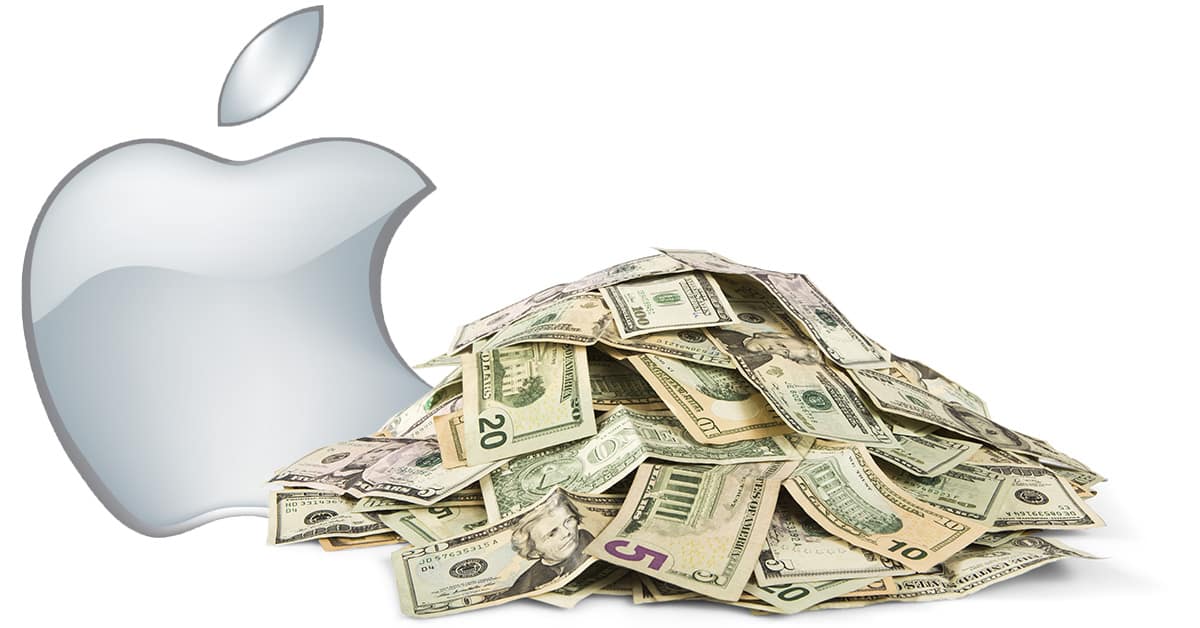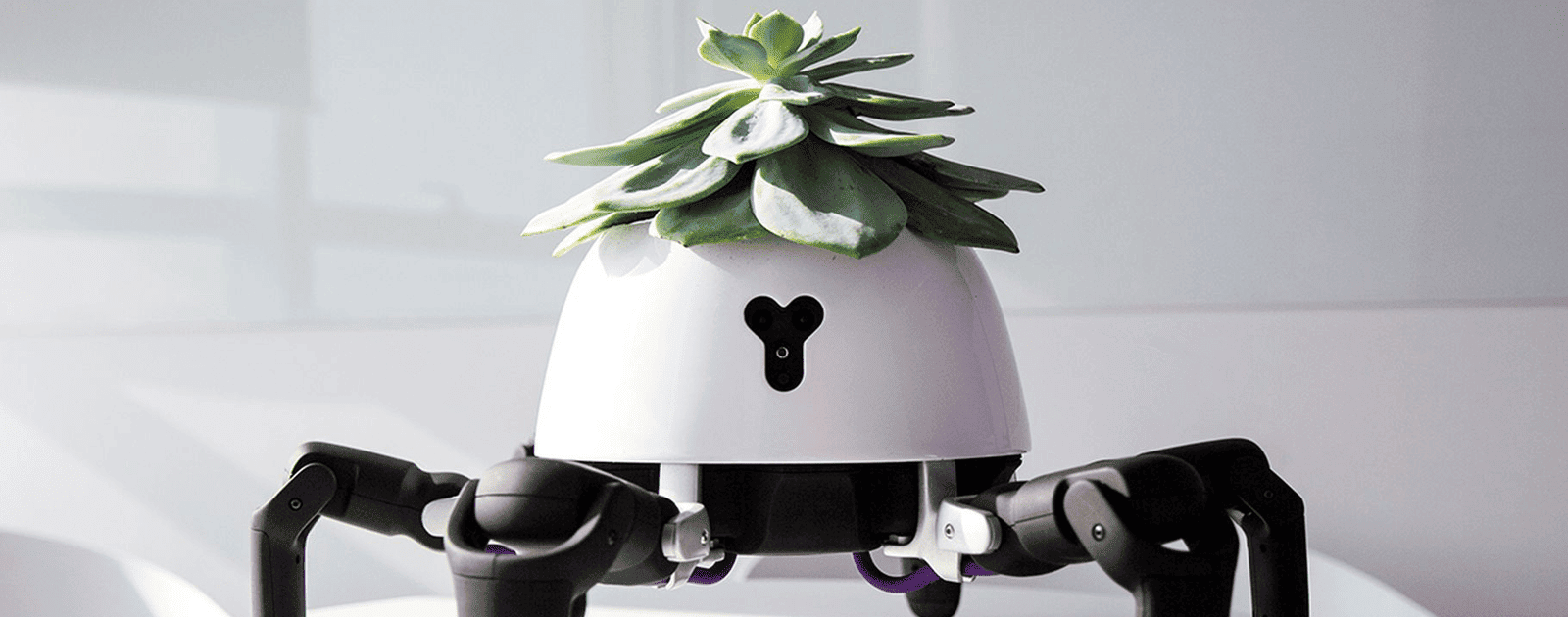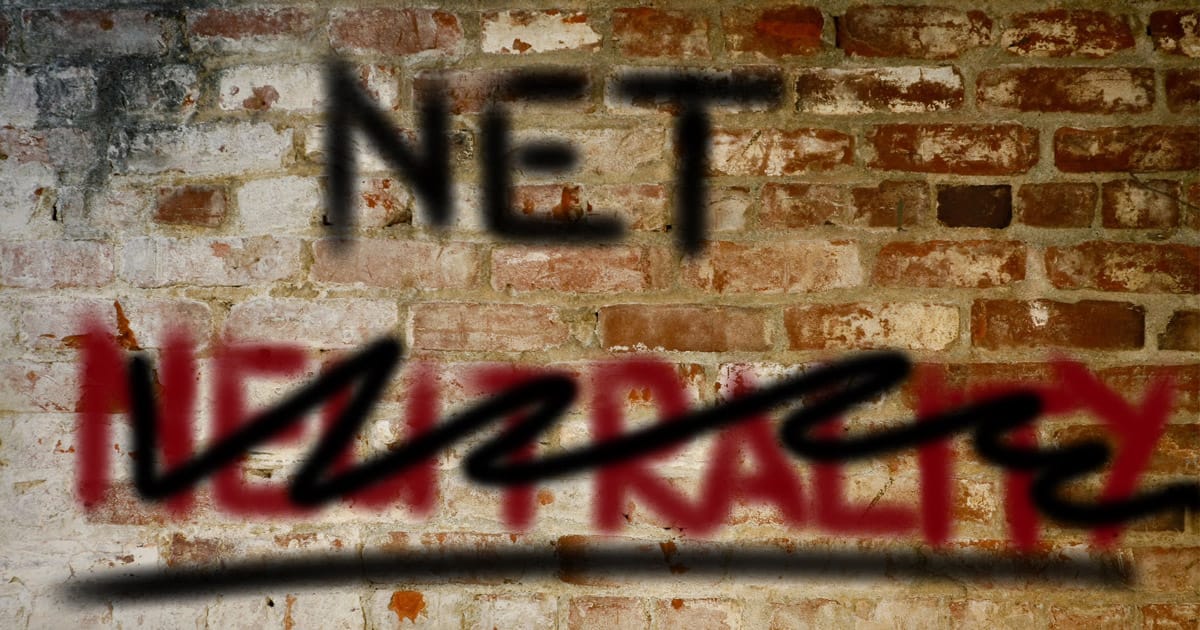A European rover called ExoMars will travel to the red planet in 2020. Astronaut Tim Peake wants everyone to enter a name on a website designed for the purpose. Be warned though: There will be no Spacey McSpaceFace. Also, you have to be a European citizen to vote, as I found out when I tried to submit my name suggestion (Destiny).
Tim says thinking about the rover’s mission might be the source for a great name. “I often get asked, ‘is there life out there beyond Earth?’. It’s a very fundamental question, and it’s one that this rover is going to try to answer,” he told BBC News.
Dr David Parker, the director of human spaceflight and robotics at the European Space Agency, agreed: “The Americans called their Mars rovers Spirit, Opportunity and Curiosity. We’ve tended in the past to name our missions after famous scientists.
